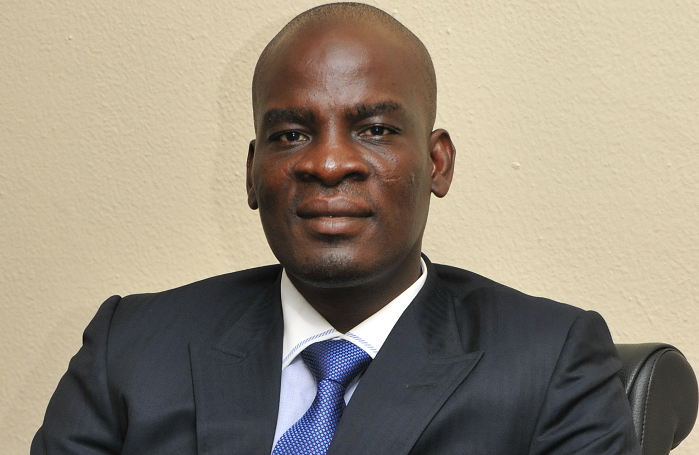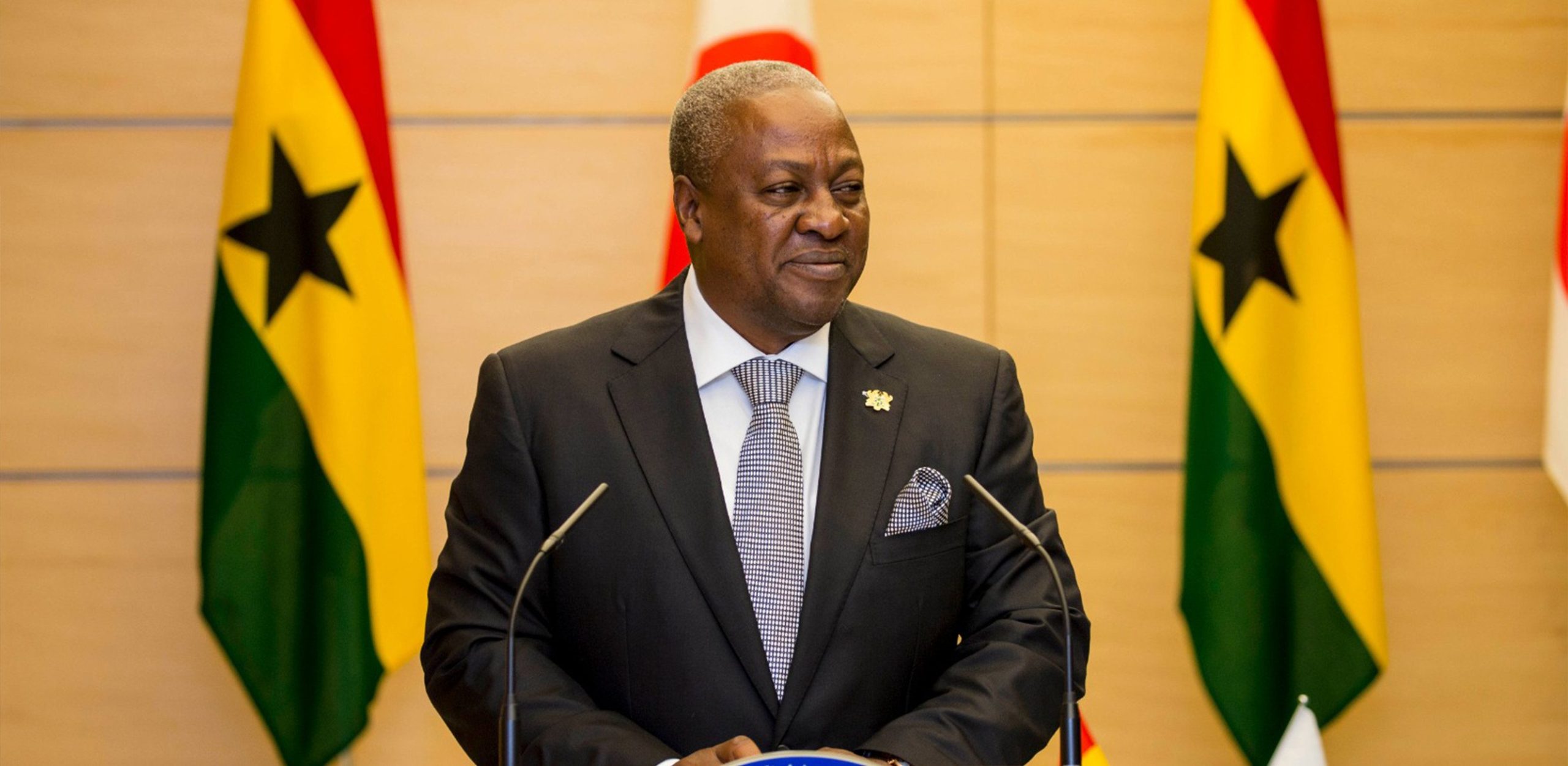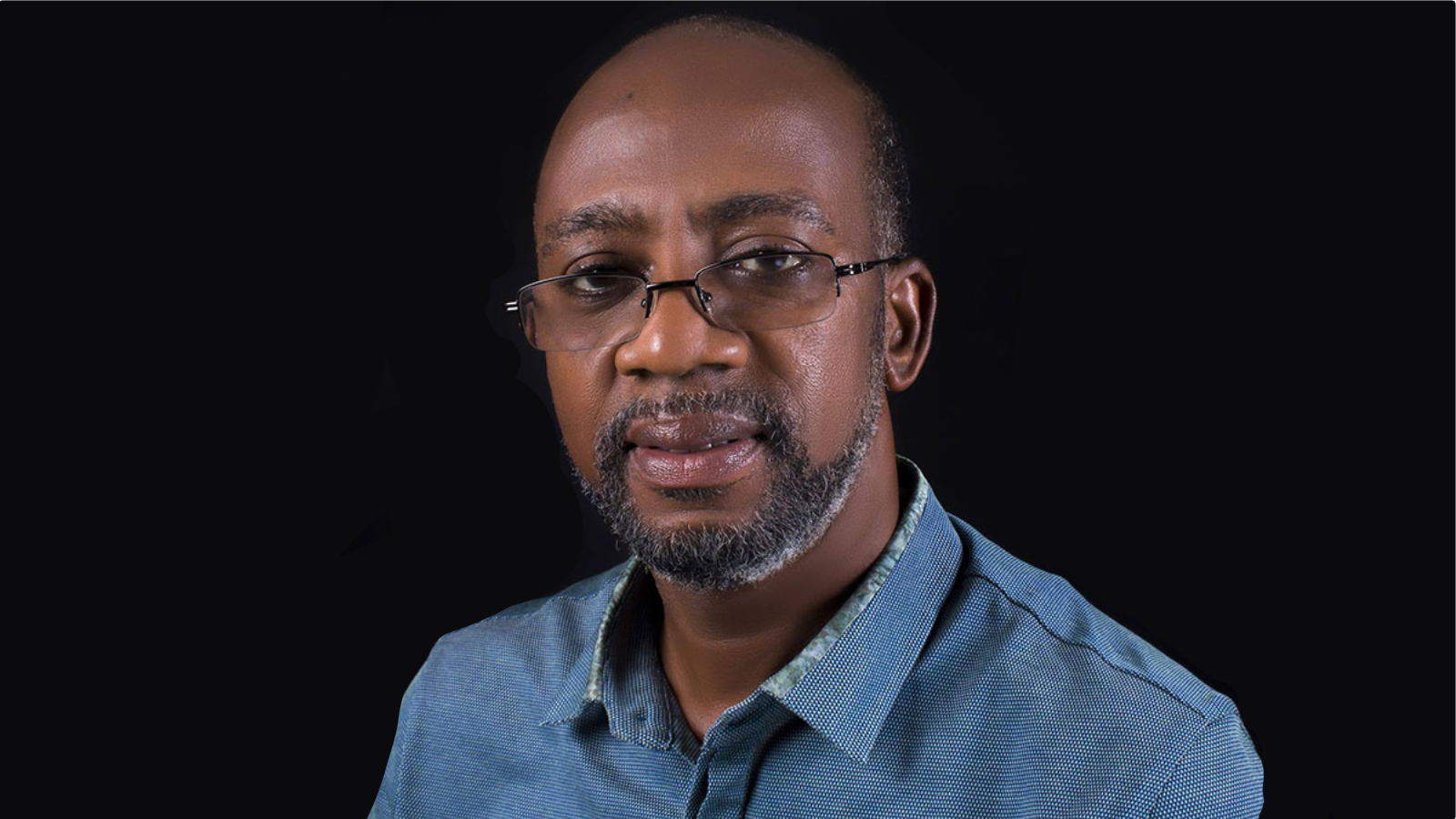Haruna Iddrisu, the Minister-Designate for Education, just revealed that implementing the government’s free tuition policy for first-year tertiary students will require a whopping ₵345 million.
He shared this during his parliamentary vetting, highlighting how this policy could be a game-changer for making tertiary education more accessible to students all over the country.
The Tamale South MP, Haruna Iddrisu, highlighted during his vetting on Monday, 20 January, that making tertiary education more accessible is a top priority, and this policy could be a major step forward in achieving that goal, potentially benefiting a huge number of students across the country.
He stated that the allocated funds would cover tuition fees for students entering tertiary institutions, ensuring equitable access to higher education.
He added that the government plans to use the required funds directly to the affected universities.
The initiative will also cover reimbursing students who’ve already paid their tuition fees, to ensure fairness for everyone involved.
This way, students who’ve already taken care of their fees won’t be left out, and it’ll be a more equitable rollout of the policy.
“The country will require about ₵345 million for the population of students who enter tertiary institutions, that is what the state will be required to do.
We intend to provide that money to the affected universities, at least, to make refunds to those who have already paid fees,” he stated.
He further emphasised that the new policy will offer flexibility to parents, allowing those who are willing to pay fees to do so under the framework introduced by the National Democratic Congress (NDC).
“The beauty of this is that parents who are willing to pay can do so under this policy that has been introduced by the NDC,” he stated.
The announcement comes after the NDC pledged to implement the free tertiary tuition policy during their 2024 campaign, aiming to ease the financial burden on students and their families while promoting greater access to higher education.
The minister-designate is fully committed to seeing this policy through to the end, making sure it’s carried out smoothly and effectively.




